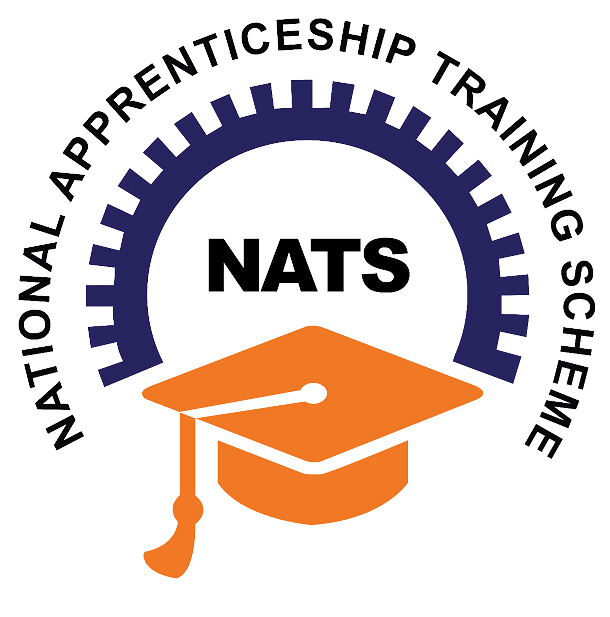Skill Education: Empowering Communities for Inclusive Growth in India

Inclusive growth is a cornerstone of sustainable development, aiming to ensure that the benefits of economic progress are shared equitably among all segments of society. Skill education plays a pivotal role in promoting inclusive growth by providing marginalized groups, including persons with disabilities, tribal communities, and socio-economically disadvantaged populations, with equitable access to skill development opportunities. In this blog post, we explore the transformative potential of skill education in empowering marginalized communities and fostering inclusive growth in India.
Addressing Disparities in Access to Skill Education
Despite efforts to expand skill education initiatives in India, disparities persist in access and participation, particularly among marginalized groups. Persons with disabilities face physical, social, and economic barriers that limit their access to education and training. Similarly, tribal communities and socio-economically disadvantaged populations often lack access to quality education and skill development opportunities due to geographical remoteness, poverty, and social exclusion.
The Role of Skill Education in Empowering Marginalized Communities
Skill education serves as a powerful tool for empowering marginalized communities by providing them with the knowledge, skills, and confidence needed to participate meaningfully in the workforce and society. By offering targeted skill development programs tailored to the specific needs and aspirations of marginalized groups, skill education can break the cycle of poverty, create pathways to economic independence, and promote social inclusion.
Equitable Access and Inclusive Learning Environments
To promote inclusive growth through skill education, it is essential to create equitable access and inclusive learning environments that accommodate the diverse needs and backgrounds of marginalized learners. This includes providing infrastructure and facilities that are accessible to persons with disabilities, offering flexible learning options for those in remote or underserved areas, and implementing affirmative action policies to ensure representation and participation from marginalized communities.
Tailored Programs and Support Services
Skill education programs must be tailored to address the unique challenges and barriers faced by marginalized groups. This may involve offering specialized training modules, providing additional support services such as assistive technologies and vocational counselling, and partnering with local organizations and community leaders to deliver targeted interventions that meet the specific needs of marginalized learners.
Promoting Entrepreneurship and Livelihood Opportunities
Skill education can empower marginalized communities to become self-reliant and economically independent by fostering entrepreneurship and livelihood opportunities. By equipping individuals with market-relevant skills and business know-how, skill education programs can enable marginalized entrepreneurs to start and sustain their enterprises, create employment opportunities, and contribute to local economic development.

Conclusion
Skill education has the potential to be a powerful force for promoting inclusive growth in India by empowering marginalized communities with the skills, knowledge, and opportunities needed to unlock their full potential. By prioritizing equitable access, inclusive learning environments, tailored programs, and support services, skill education can break down barriers, bridge divides, and create a more inclusive and prosperous society for all. As we continue to invest in skill education initiatives, let us ensure that no one is left behind on the journey towards inclusive growth and sustainable development.




